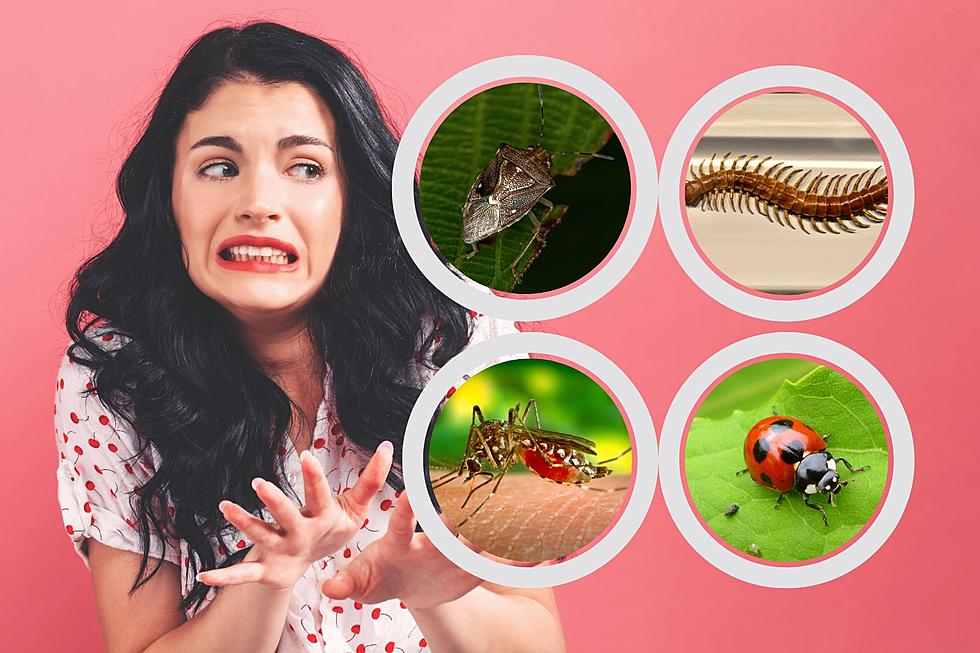
Mild Michigan Winter May Lead to Surge in Summer Bugs
A mild winter in Michigan is a double-edged sword. Certainly, there was less shoveling, sliding on slick roads, and grocery carts piled into snowdrifts. However, there is a downside to a warmer-than-average winter.
A Good Hard Freeze is Bad for Bugs
During the winter, Michigan bugs go into a "dormant phase" according to Dr. Don Cipollini, Wright State University Professor of Biology:
Insects do a thing called supercooling where they will accumulate what you might consider to be natural antifreeze in their cells that allow them to tolerate very cold temperatures without freezing, without damage to their cells.
A "hard freeze" is what is needed for the insect population to be affected. Dr. John Nelson-Gammon, a professor in the Department of Atmospheric Sciences at Texas A&M explains the recipe for a hard freeze:
...occurs when the air temperature falls to 28 degrees or lower and then stays below 32 for long enough to freeze vegetation and cause ice formation in standing water. “The significance of a ‘hard freeze’ as opposed to a ‘freeze’ is mainly the impact on plants
With Michigan having a warmer-than-average winter, Cipollini has bad news for those hoping for fewer creepy crawlies this summer:
That little bit of natural control of populations is missing. That could equal higher insect populations in the spring and summer.
Whether or not your area experienced a true "hard freeze" is difficult to determine. Your best source for an answer is a nearby farmer, who would be most affected by any harsh ground conditions.

Not All Bugs Are Bad, Don't Squish These...
Some bugs serve a purpose. Bees do most of the pollinating for our food supply, dragonflies eat mosquitos, praying mantises eat other bugs that destroy farmers' crops, and ladybugs eat the mites that attack your home garden.
Break Out the Bug Spray Michigan
Looks like we are in for a larger-than-average crop of insects this year. That's more mosquitos, more stink bugs, and more centipedes for your summer. Swat away Michigan!
Michigan Home Remedies to Get Rid of Stink Bugs
More From 99.1 WFMK







